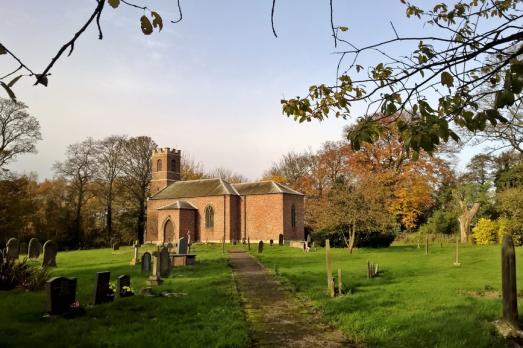
St John of Beverley
Wressle, Yorkshire | YO8 6ES
Very much the village church and open daily, St John’s strives to be at the heart of the whole rural community it serves.
We have supported this church
Search for a fascinating place to visit, or see the variety of churches, chapels and meeting houses we have supported.

Wressle, Yorkshire | YO8 6ES
Very much the village church and open daily, St John’s strives to be at the heart of the whole rural community it serves.
We have supported this church
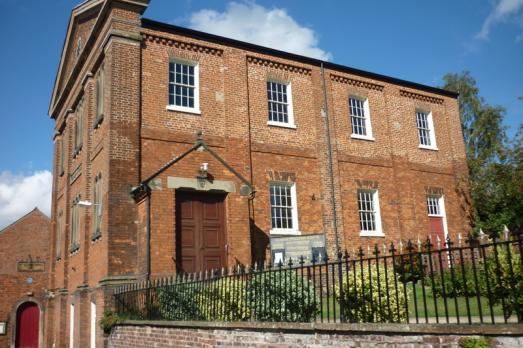
Caistor, Lincolnshire | LN7 6UF
A Victorian grade II listed building built in 1842; with pews, decorative ceiling rose and organ with pump handle.
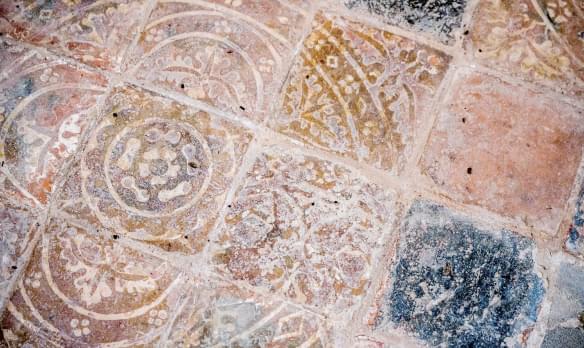
Swaby, Lincolnshire | LN13 0BQ
St Nicholas is beautiful in its simplicity, letting in plenty of natural light, with a clear window behind the altar which looks out on the surrounding farmland.
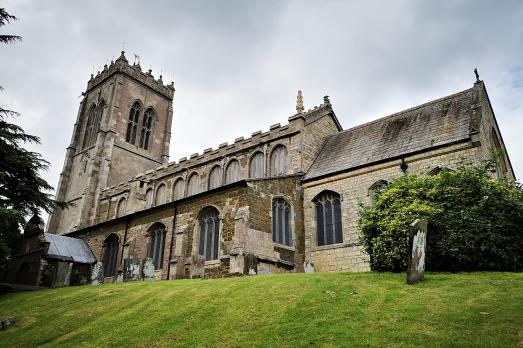
Burgh le Marsh, Lincolnshire | PE24 5DY
This fine medieval marshland parish church with its impressive tower, can be found situated in the former market town of Burgh le Marsh.
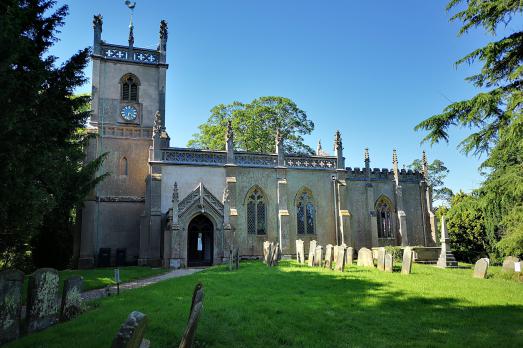
Raithby, Lincolnshire | LN11 9RR
A great feature of the church is the splendid barrel organ, the only one in working order still to be found in a Lincolnshire church.
We have supported this church

Kelstern, Lincolnshire | LN11 0RG
Set in a picturesque location on the edge of the hillside overlooking the Wolds, St Faith’s contains much evidence of being a much loved church in times past.
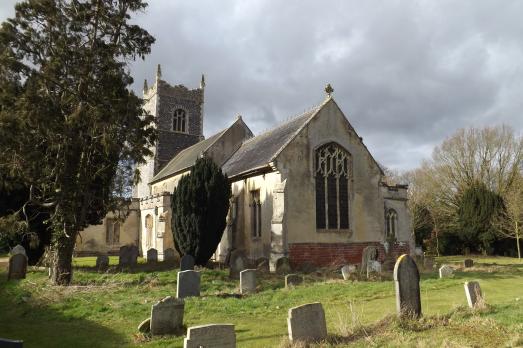
Thrandeston, Suffolk | IP21 4BY
Fascinating church in picturesque village.
We have supported this church
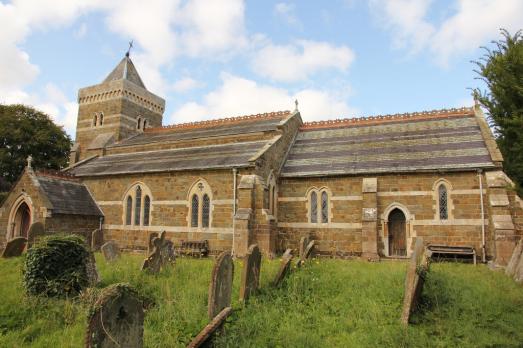
Belleau, Lincolnshire | LN13 0BW
St John the Baptist, nestling in the rural Lincolnshire Wolds, tells the story of Sir Henry Vane, one of the first Governors of Massachusetts USA.
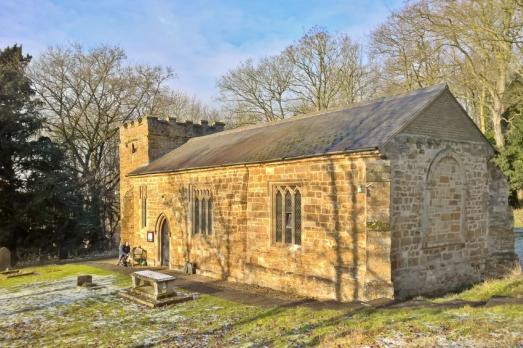
Somerby, Lincolnshire | DN38 6EY
The church sits in a hollow amidst the rolling hills of the Wolds situated between Bigby and Grasby.
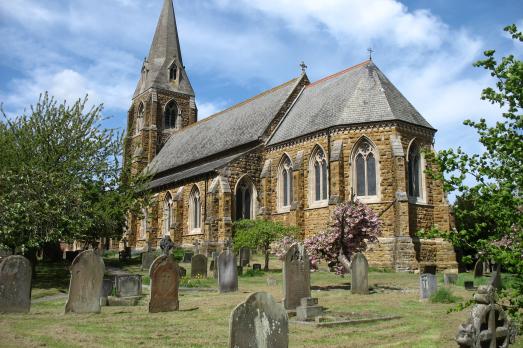
Binbrook, Lincolnshire | LN8 6DL
Two churches are recorded at Binbrook in Domesday, these most likely being the former churches of St Mary and St Gabriel.
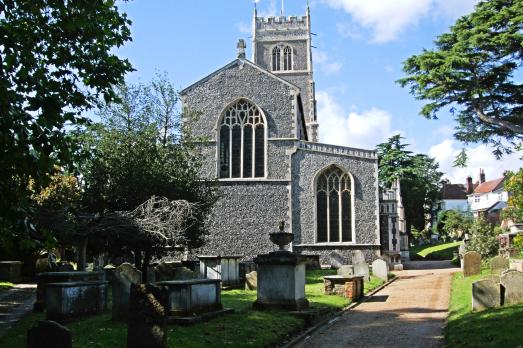
Woodbridge, Suffolk | IP12 1DS
The present building, funded by rich merchants, was begun around 1400 when Woodbridge was an extremely prosperous port, and despite many changes over the years, we can still rejoice in the beauty and fine craftsmanship visible today.

Casterton, Cumbria | LA6 2SG
Built in 1833 by William Carus Wilson, Founder of the Clergy Daughters School, as school chapel and parish church with a strong connection with local heritage and Bronte sisters.
We have supported this church